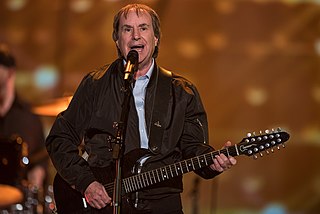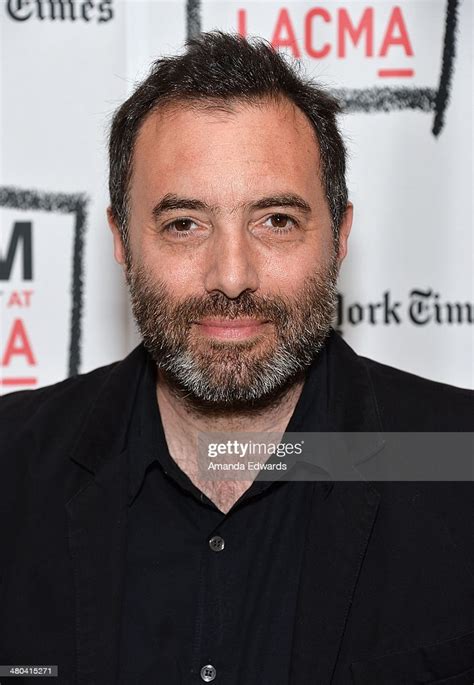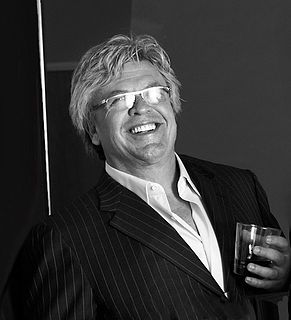A Quote by Chris de Burgh
You see, when I go on stage I perform with just a guitar and you have to have very strong material to hold an audience from getting bored or restless. One strong way of doing that is the story because everybody will listen to a story.
Related Quotes
When I'm looking for a strong female character, or a strong character at all, I'm looking for a character that has a purpose in that story, that has an interior life of some sort. They don't have to be physically strong; they don't have to be morally strong or ethically strong, because men and women come in a huge variety of all of those things. Emotionally, ethically - I'm less concerned with that. I just don't want them to be props. That's the only thing that offends me.
I think that when I'm telling a story, I'm doing the best I can to tell the story as fully as I can, and if there are various fractures that happen in the story, then that's just the very thing that the story is as opposed to my looking for avenues of difference in one story. They just really do exist. For me, anyway.
I've often made revisions at that stage that turned out to be mistakes because I wasn't really in the rhythm of the story anymore. I see a little bit of writing that doesn't seem to be doing as much work as it should be doing, and right at the end, I will sort of rev it up. But when I finally read the story again, it seems a bit obtrusive.
One of the things on a very practical level as an actor or actress is that when you do a play, you do the entire story every time you do it. You have eight shows a week. You have a rehearsal process of four to five to six weeks. And then once you're in performance, everybody else goes away and you're there with your fellow actors and the audience and the material and your life becomes about that. And you go through the story from the beginning to the end every time you do it and depending on how long you do it, that's where the craft comes in.
I only like the live audience. I don't even like to do standup where it's being filmed. Because it affects the way the audience responds to what you say, because it makes them uncomfortable. You have to perform in a light room, and I prefer a dark room. But I love to perform, and I don't really see myself doing any television at all.




































